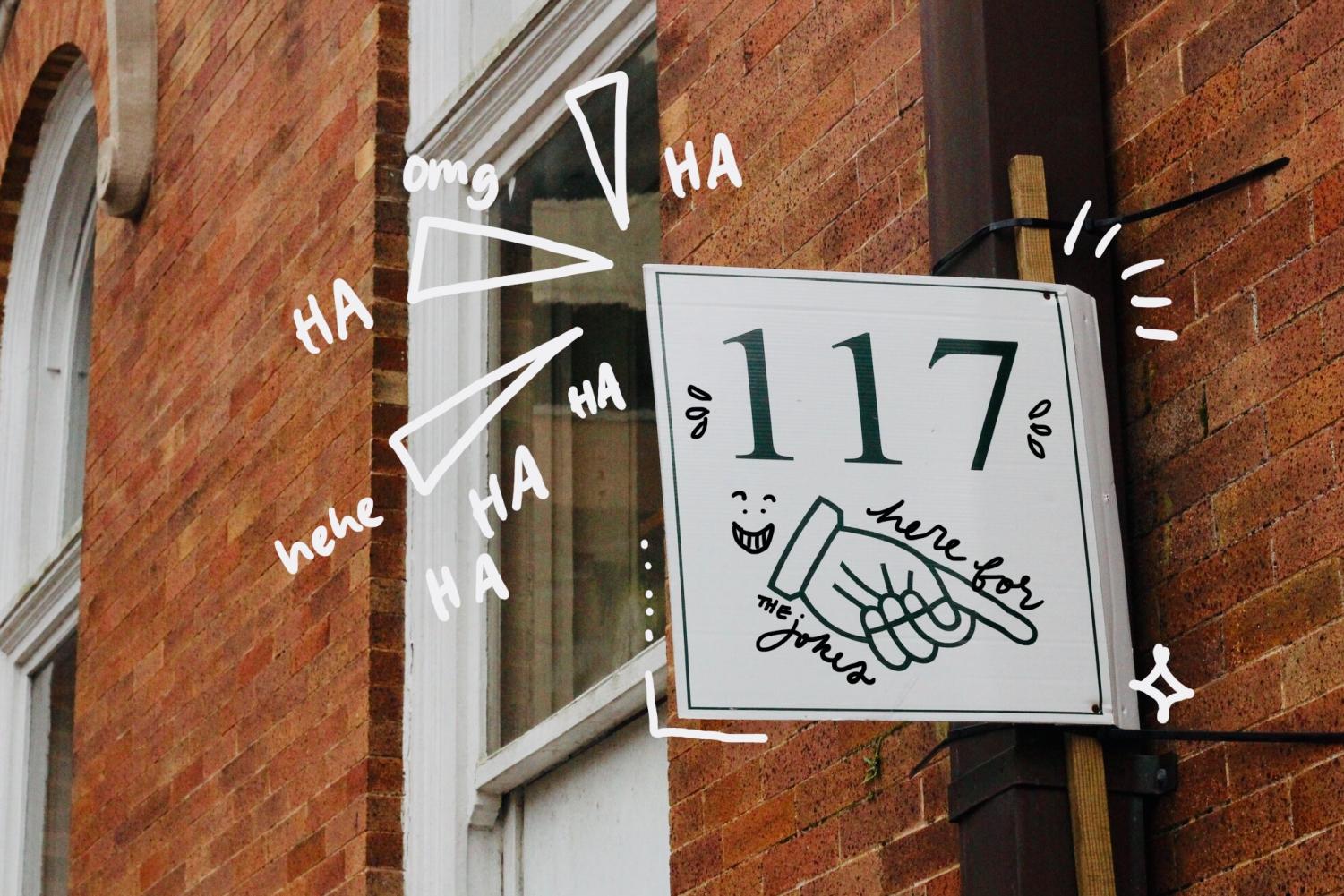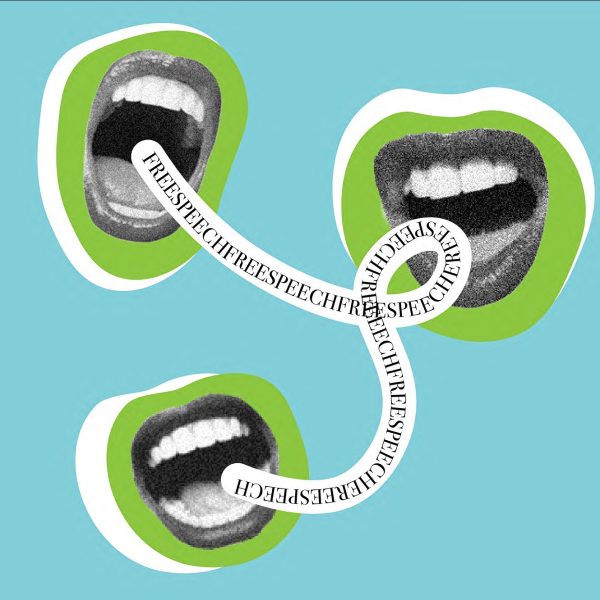Comedy can serve as creative outlet for STEM students
February 13, 2020

Deeya Patel, member of Office Hours Comedy
Throwing comedy into a STEM-heavy course load can certainly keep a schedule interesting. Just two hours on a Thursday evening can consist of completing a chemistry problem set, hastily writing a sketch that was born from shower musings and playing silly improv games with 11 other people who are almost eerily attuned to your creative direction.
Getting involved in comedy was not a premeditated part of my undergraduate plan. It was born of a decision to audition without thinking too hard about fear or nerves. That decision brought on a college experience that not many students in STEM get to experience. The routine reminder to exercise creativity, both with and without deadlines, keeps a part of yourself alive that can easily wither away when every day consists of homework with definite answers, labs with methodical procedures and problems with clear cut solutions.
I find that comedy strips structure away and provide a sort of mental recess to let the imagination run wild, and especially to let it run wild with others. Throwing comedy into a mix of classes and activities that demand empirical rigor has turned out to be one of the most valuable decisions I have made in college.
Claire Davis, member of Office Hours Comedy
To me, the greatest thing about comedy is its subjectivity. No one can actually say with certainty what’s funny, because comedy is different to everyone who produces it and consumes it. That’s what makes it so refreshing and simultaneously difficult for me.
With STEM, not only is there usually one objective answer, but there’s often only one way of getting that answer. Learning to be a comedian has challenged me to think more creatively and consider all the ways to make normal things seem hilarious.
Max Moore, member of Office Hours Comedy
Last semester, I joined Tulane’s sketch comedy group, Office Hours. After joining, I found that I was able to channel aspects of my creativity and humor into something that felt meaningful. When I’m feeling all STEM-ed out, I can spend my time writing comedy sketches, thinking in a whole different vernacular than pre-med or the hard sciences.
Both STEM and comedy have affected my life in their own ways. I find that having sketch comedy as an outlet, a space for me to create and perform, has been beneficial for me both personally and as a pre-med student. There has been a push in the medical community for more humanities-minded doctors. The world has enough walking and talking calculators who can regurgitate the entirety of cellular respiration from memory.
A human calculator might be great at diagnosing and researching, but what about when it comes to breaking bad health news to someone? What about communicating in a relatable way to patients from different backgrounds, be it socioeconomically, ethnically or nationally? What about making your patients feel safe, understood and heard?
Being a STEM student in comedy proves to me that, though I am STEM-minded, I still retain some level of humanity. Comedy is an area where I can be myself, reach out to new people, develop my voice and express parts of me that aren’t visible in what I want to do academically or career-wise. I’m a STEM kid, but I’m also a funny kid.



















Leave a Comment